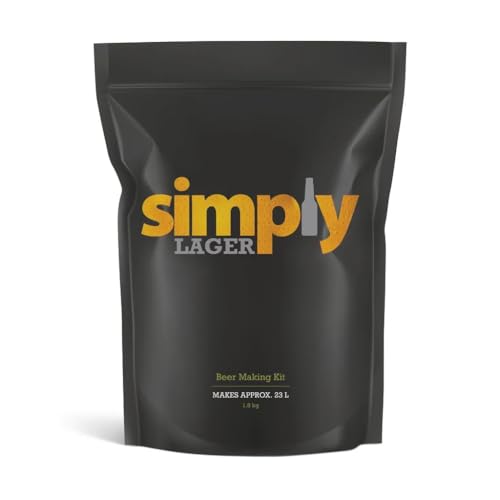The D.O.T has released figures stating in 2017 - 290 people were killed in crashes in England and Wales where at least one of the drivers was over the limit (a rise of 26% in 12 months) this has sparked the old debate on whether England and Wales where you are allowed a maximum of 80 milligrams of alcohol per millilitre of blood should reduced the maximum to 50 milligrams of alcohol per millilitre as Scotland did in 2014 .
A recent study has shown that the amount of RTC's in Scotland has not reduced since lowering the figure and are similar to those in England it has been suggested the reason is a lack of policing (random breath checks etc) due to the police not having the spare manpower so although the evidence leans towards the lower limit lowering RTC's without enforcement there isn't really much point.
My view is if they reduce it to 50 in England and Wales more out of town pubs especially those that rely on food for the main income will go to the wall and with the state of the pub trade i think its something they don't need at the moment.
.
A recent study has shown that the amount of RTC's in Scotland has not reduced since lowering the figure and are similar to those in England it has been suggested the reason is a lack of policing (random breath checks etc) due to the police not having the spare manpower so although the evidence leans towards the lower limit lowering RTC's without enforcement there isn't really much point.
My view is if they reduce it to 50 in England and Wales more out of town pubs especially those that rely on food for the main income will go to the wall and with the state of the pub trade i think its something they don't need at the moment.
.
Last edited:




























![BREWING THERMOMETER STICKERS ACCURATELY MONITOR FERMENTING BEER & WINE LIQUID TEMPERATURES 5PCS HOME BREW SPIRITS WINE LCD ADHESIVE [US]](https://m.media-amazon.com/images/I/311DDjo2X3L._SL500_.jpg)












